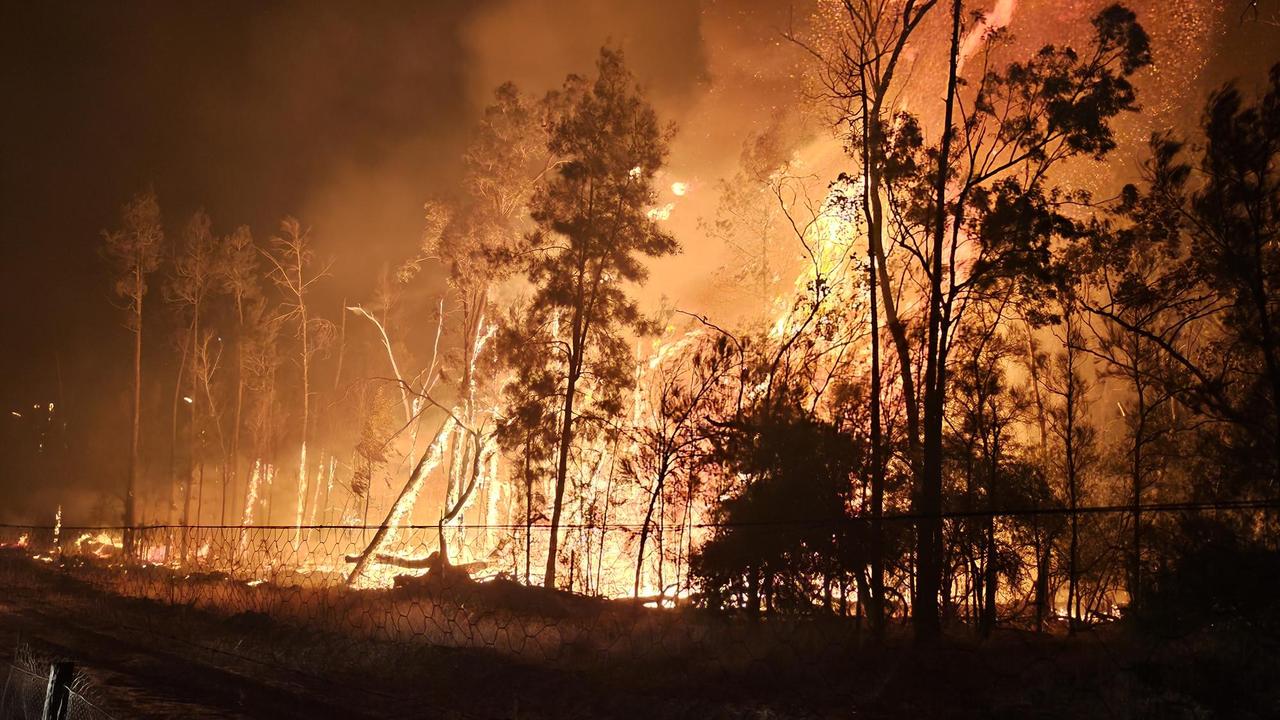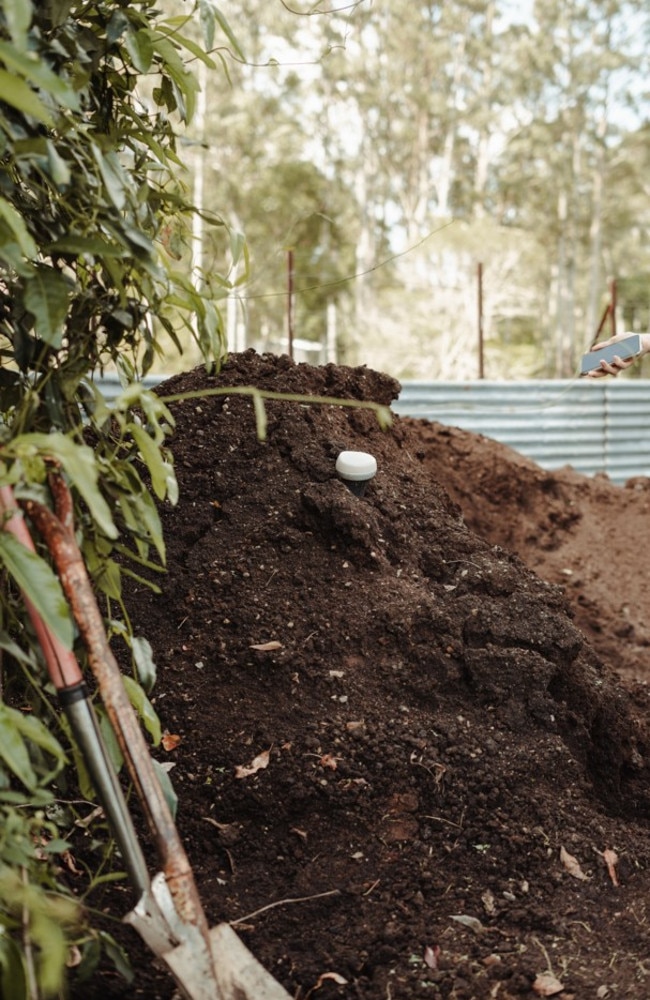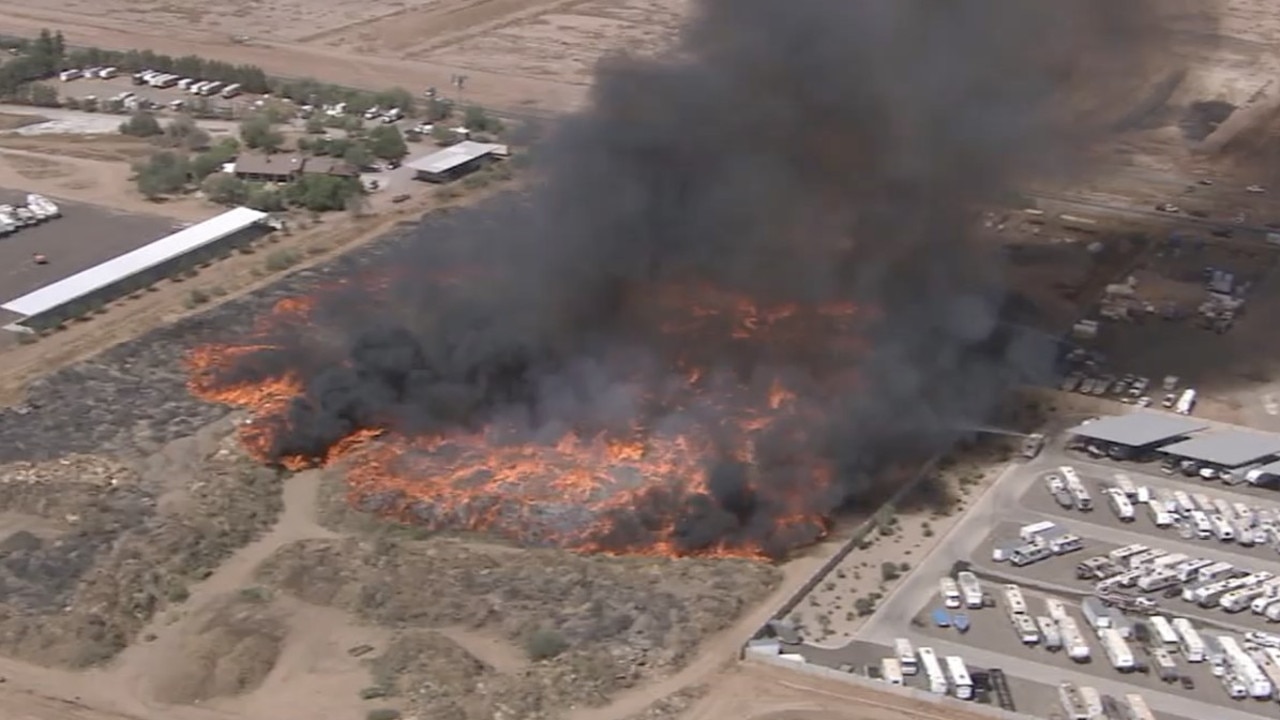A potentially devastating fire risk is lurking in a third of Aussie backyards, sparking urgent warnings ahead of summer
As Australia braces for a hot and dry summer, an expert has sounded a warning about a potential bushfire hazard lurking in a third of backyards.
As Australia braces for a hot and dry summer, an expert has sounded a warning about a potential bushfire hazard lurking in a third of backyards.
Last month, the Bureau of Meteorology declared an El Nino climate pattern — which brings with it higher temperatures, less rainfall and a higher risk of bushfires.
A number of blazes have already broken out across the country in recent weeks, with crews currently battling one in Queensland’s Western Downs.

Authorities discovered a body in the town of Tara overnight, after flames tore through the area. Residents have been ordered to evacuate.
This coming summer is expected to be the hottest on record, prompting warnings for Australians to take urgent steps to prepare for the threat.
Now, a surprising danger found in an estimated one-third of Aussie backyards has emerged – the humble compost heap.
“Compost fires can burn intensely and quickly spread, posing a danger to both homes and the environment,” Ashley Baxter, chief executive of the Brisbane-based company Monty Compost, said.
“With the impending El Nino and record-breaking highs on the horizon, it‘s crucial for home composters to stay on top of temperatures in their compost piles.”

Fires sparked by home composts are rare but not unlikely, particularly if not managed correctly, Ms Baxter said.
Last year in the United Kingdom, a massive blaze that took 100 firefighters hours to control broke out when a backyard compost heap “spontaneously combusted”.
The July incident, in Wennington east of London, caused damage to several homes and forced the evacuation of residents.
“Within minutes it had spread,” neighbour Alfie Stock told The Mirror.
“It was only a small fire and when the wind picked up it spread the embers right across the garden. They had conifers and all sorts of trees, and it just spread from there.”

According to Australian Bureau of Statistics data, 30 per cent of Aussies engage in composting in a bid to be more environmentally conscious.
Ms Baxter said regular monitoring should be undertaken to ensure temperatures within compost piles do not raise excessively.
“Use a cover or lid to shield your compost from direct sunlight. This simple step can help prevent the pile from overheating,” she said.
“In dry conditions, regularly add moisture to the compost pile to maintain proper moisture levels and reduce the risk of ignition.
“Ensure that your compost pile is situated a safe distance away from your home, structures and flammable materials.”

Authorities overseas have warned of the fire risk posed by industrial-sized compost heaps, with a mammoth blaze at a nursery in the US state of Arizona in May sparked by spontaneous combustion.
And in June last year, a similar fire broke out at a nursery supply business in Hinkley, California and raged for more than a week across an 80-acre area.



